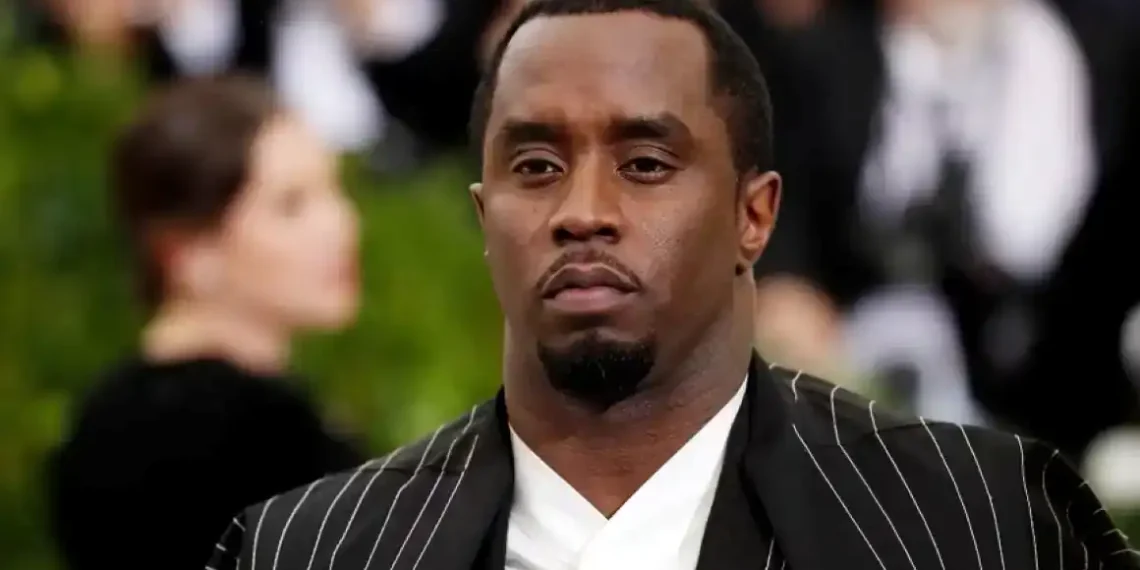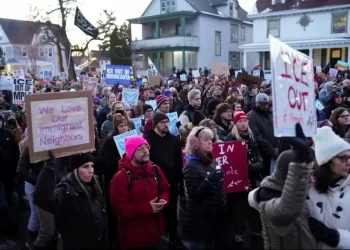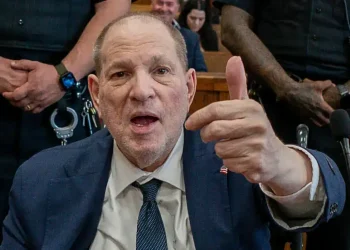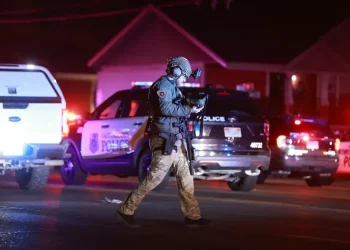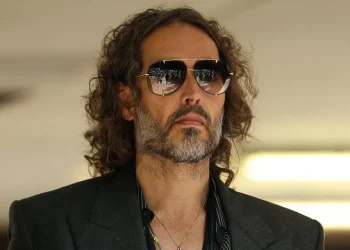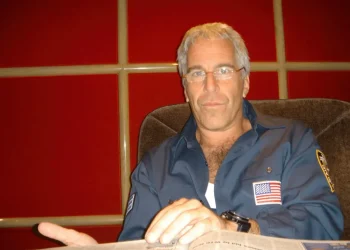Sean ‘Diddy’ Combs Convicted on Lesser Charges in Federal Sex Trafficking Trial: Key Takeaways
Sean “Diddy” Combs walked away from his high-profile federal sex trafficking trial with a mixed verdict: convicted of two lesser federal crimes but acquitted of the most serious charges that could have put him behind bars for life.
On Wednesday, a New York jury found Combs guilty of two counts of transportation to engage in prostitution but not guilty of racketeering conspiracy and two counts of sex trafficking. Although Combs now faces a possible sentence of up to 20 years in prison, legal analysts suggest his time behind bars could be much shorter.
Here’s a breakdown of what the verdict means—and what comes next.
Partial Vindication for Combs, Despite Felony Convictions
While the verdict still labels Combs a convicted felon, being cleared of the most serious charges—including racketeering and sex trafficking—is seen as a legal win for the hip-hop mogul.
“He has not been convicted of a crime of violence,” said CNN Legal Analyst Elliot Williams. “He beat the most serious charges. That matters.”
Prosecutors had painted Combs as the ringleader of a criminal enterprise that orchestrated “Freak Offs” and “hotel nights,” using threats, force, and manipulation to exploit women, including singer Cassie Ventura and another accuser known as “Jane.” But the jury didn’t find enough evidence to prove the RICO-related crimes or sex trafficking.
Why the Racketeering Case Fell Short
The racketeering conspiracy charge—based on the RICO Act—was a cornerstone of the prosecution’s case. But RICO cases are notoriously difficult to win, especially when a defendant is tried alone without co-conspirators on trial to support the framework of an “enterprise.”
Legal observers noted that much of the supporting evidence was circumstantial or lacked key witnesses, such as Combs’ inner circle. Jurors ultimately weren’t convinced that a criminal enterprise existed or that it committed the necessary “predicate acts” required under the law.
Acquitted of Sex Trafficking—But Not Off the Hook
Combs was acquitted of two sex trafficking charges involving Ventura and Jane, which required prosecutors to prove he used force, fraud, or coercion to compel them into commercial sex acts.
Despite graphic testimony, including surveillance footage showing Combs physically assaulting Ventura, the jury found the prosecution did not meet the legal threshold for sex trafficking. Combs’ defense acknowledged domestic abuse but argued that violence alone does not constitute sex trafficking under federal law.
Convicted of Transporting for Prostitution
The jury did convict Combs on two counts of transporting individuals across state lines for the purpose of prostitution—a more straightforward charge under the Mann Act. These charges were supported by travel records, hotel invoices, and financial statements linking Combs to the paid sexual encounters.
“There were sex acts, no one disputes that, and they were paid for,” Williams said. “And there’s a paper trail. That was far more straightforward.”
What’s Next: Sentencing and Ongoing Legal Battles
Combs now awaits sentencing, with each transportation charge carrying a maximum of 10 years. However, legal experts note that sentences rarely reach the statutory maximum.
Judge Arun Subramanian denied Combs bail, citing his history of violence and ongoing risk. Prosecutors say the music mogul has shown “no remorse” and continues to pose a threat to the victims and community.
Meanwhile, Combs still faces nearly 70 civil lawsuits, many alleging sexual misconduct and assault. Civil cases require a lower burden of proof, meaning he may continue to face legal exposure even after the criminal trial concludes.
Final Thoughts
While Combs avoided the most damaging outcomes of the federal trial, the verdict still marks a dramatic moment in his career. He’s now a convicted felon facing jail time, a tarnished legacy, and a wave of civil lawsuits.
This article was rewritten by JournosNews.com based on verified reporting from trusted sources. The content has been independently reviewed, fact-checked, and edited for accuracy, neutrality, tone, and global readability in accordance with Google News and AdSense standards.
All opinions, quotes, or statements from contributors, experts, or sourced organizations do not necessarily reflect the views of JournosNews.com. JournosNews.com maintains full editorial independence from any external funders, sponsors, or organizations.
Stay informed with JournosNews.com — your trusted source for verified global reporting and in-depth analysis. Follow us on Google News, BlueSky, and X for real-time updates.
